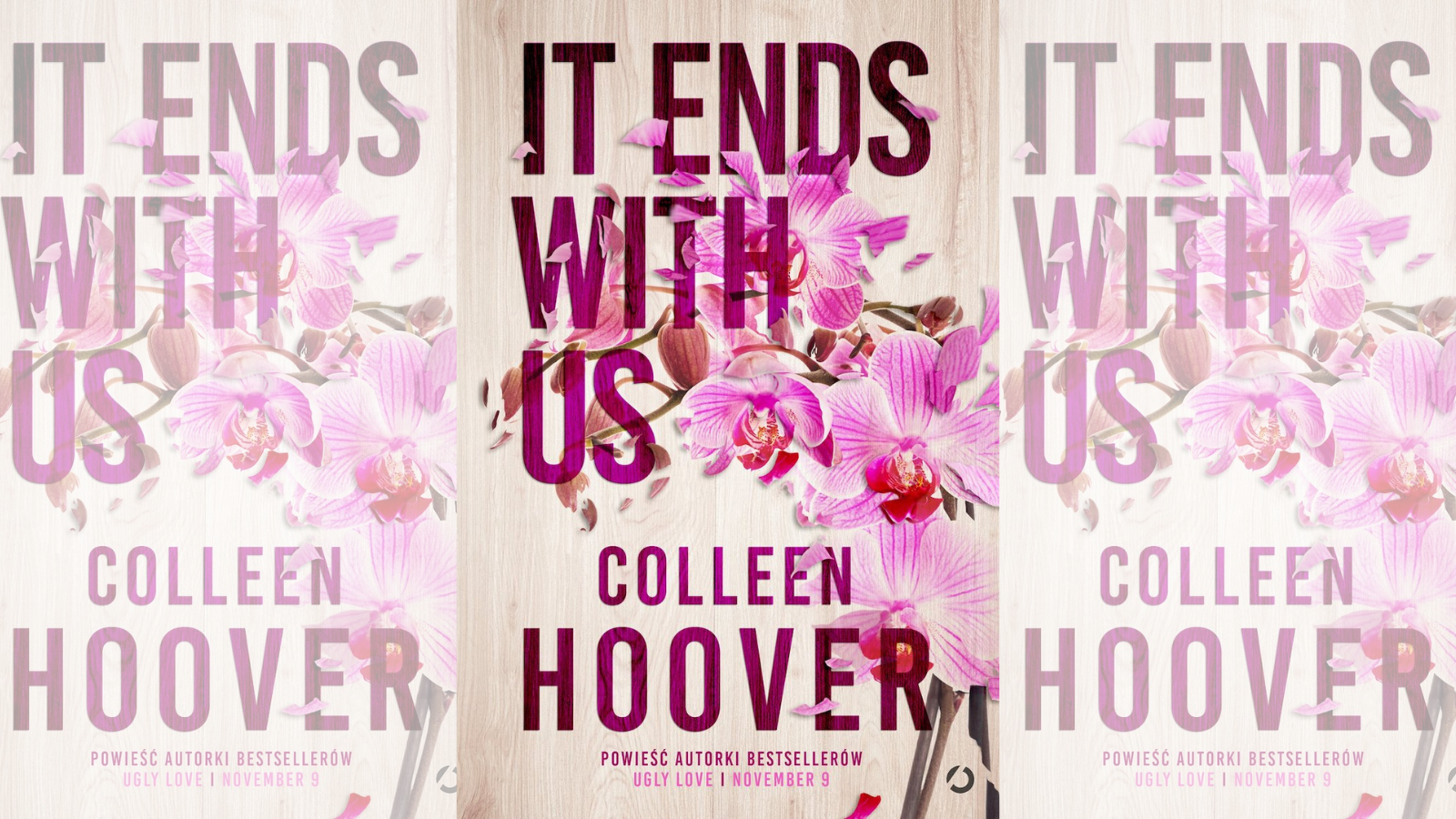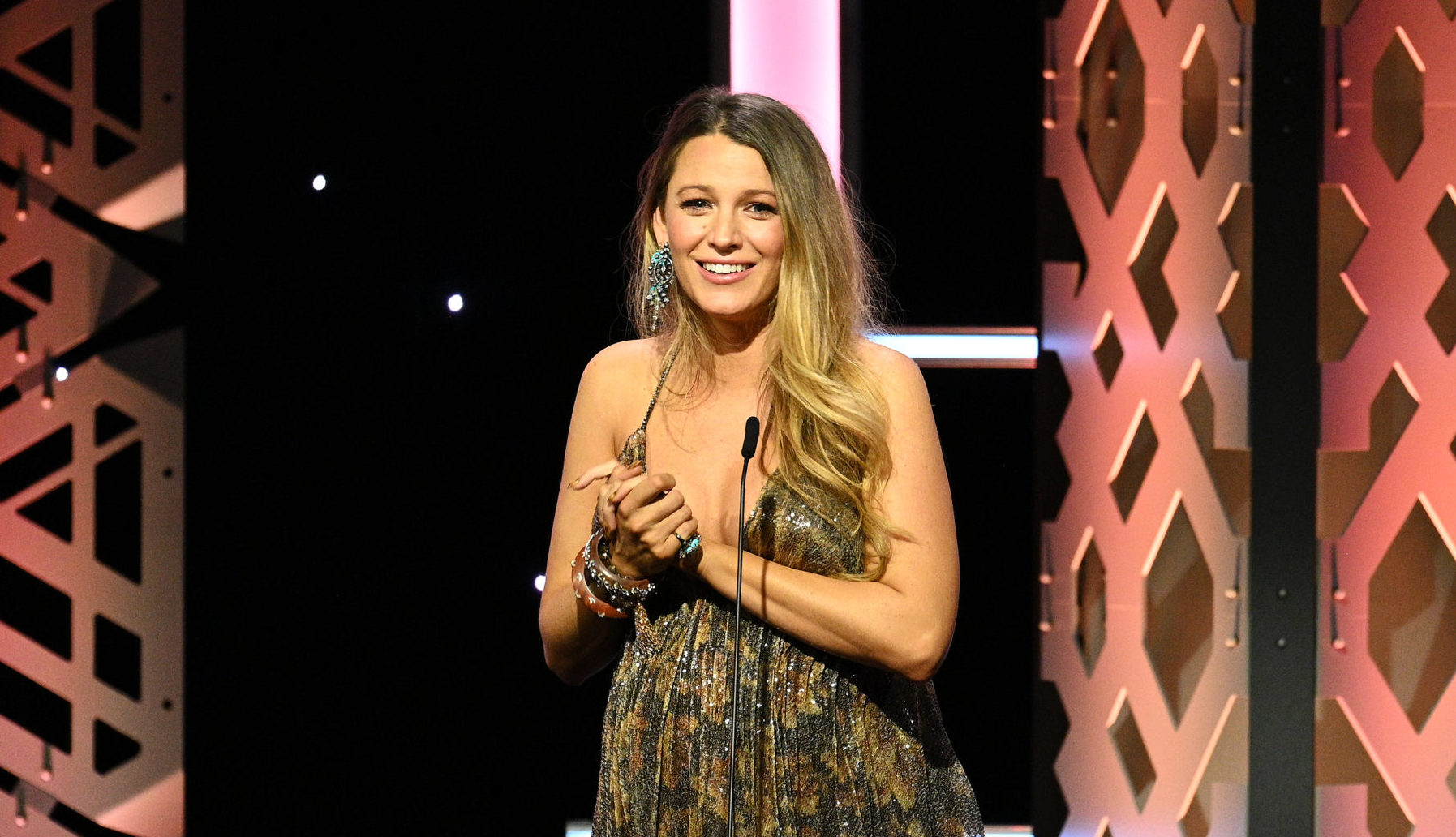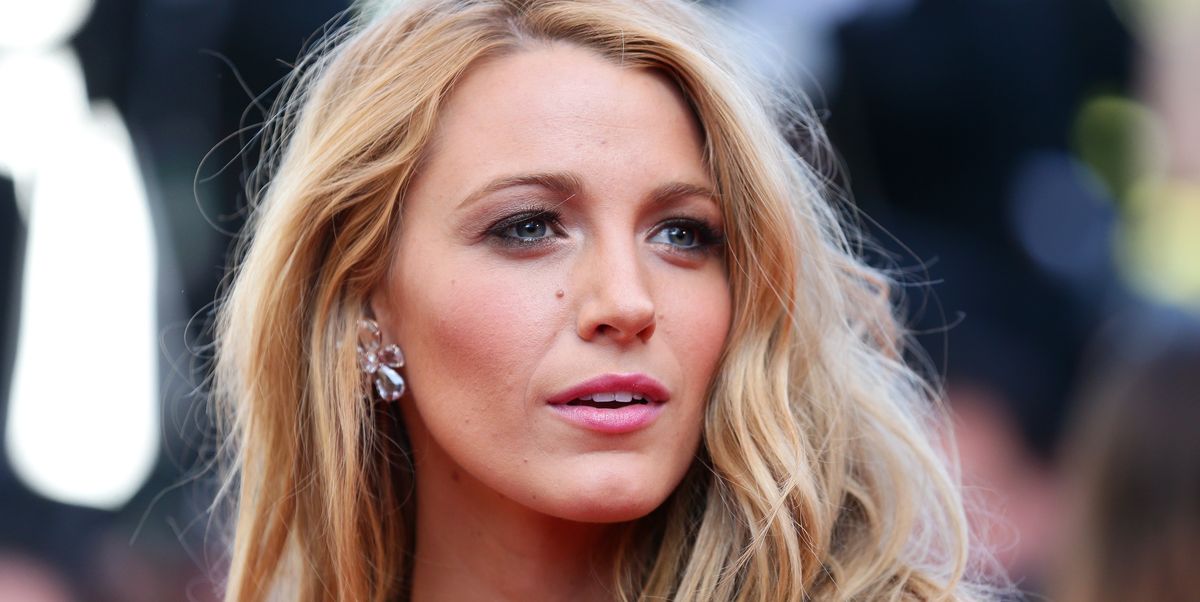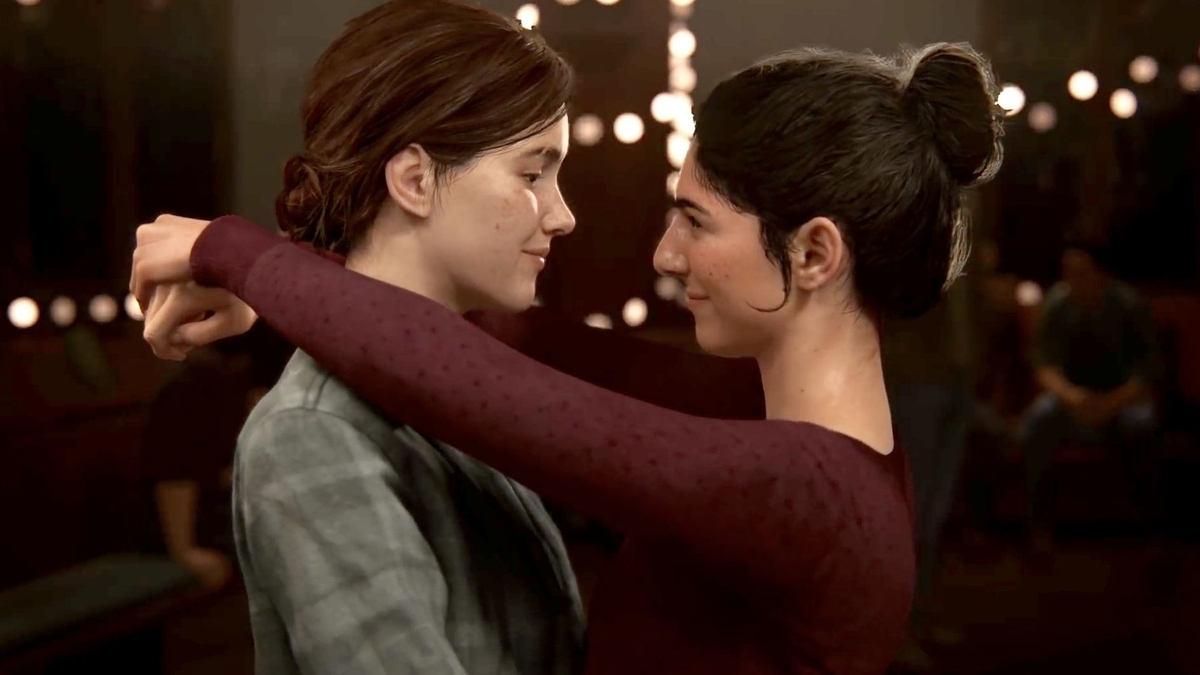Ends With Us Controversy Explained:
The romance genre has always been a favorite amongst book lovers, and Colleen Hoover’s “Ends with Us” is no exception. The New York Times bestselling book has been the topic of much discussion in recent times. In this article, we will explain all the controversies surrounding “Ends with Us” and examine the merits of criticism leveled against it.
Who is Colleen Hoover?

Colleen Hoover is an American author who rose to fame with her self-published novels in the early 2010s. Her novel “Hopeless” became the first self-published novel to reach number one on the New York Times Best Seller list. Since then, she has published over 20 novels and landed a book deal with Simon & Schuster.
What is Ends with Us about?

“Ends with Us” is a romance novel that tells the story of Lily Bloom, a young woman who falls in love with a neurosurgeon named Ryle Kincaid. Their relationship faces several ups and downs, but ultimately, Lily realizes that she needs to leave Ryle due to his abusive tendencies.
Why is Ends with Us controversial?

The book has been praised for its handling of sensitive issues, including domestic violence. However, some critics have pointed out that Colleen Hoover romanticizes abuse and perpetuates harmful stereotypes that could affect young readers. Here are some of the controversies surrounding “Ends with Us”:
Depiction of abuse
Some critics have argued that the book portrays abusive behavior in a romantic light. They point to scenes where Ryle is physically and emotionally abusive towards Lily. They argue that these scenes glorify abuse and could lead young readers to believe that abusive behavior is acceptable in a romantic relationship.
Normalizing unhealthy relationships
Another criticism leveled against the book is that it normalizes unhealthy relationships. Critics argue that Lily’s decision to stay with Ryle after he abuses her is an inaccurate representation of what happens in real-life abusive relationships. This could lead readers to believe that staying with an abusive partner is acceptable behaviour, which could have dangerous consequences.
Problematic tropes
The book has also faced criticism for its portrayal of “toxic masculinity” and “unhealthy codependent relationships.” Critics argue that the book perpetuates harmful stereotypes about men and women that could negatively affect teenagers and young adults.
What are the merits of the criticisms leveled against “Ends with Us”?

While it is true that “Ends with Us” portrays some sensitive issues, such as domestic violence, it is important to examine the merits of the criticisms leveled against it. In some cases, the criticisms are valid, and in others, they may be overstated.
What the book gets right
It is worth noting that “Ends with Us” has been praised for its portrayal of domestic violence. The book highlights the insidious nature of abusive relationships and the toll they can take on victims. It also emphasizes the importance of speaking out against abuse and of seeking help if one is in an abusive relationship.
Legitimate concerns
The concerns raised about the book are legitimate. The portrayal of abusive behavior as romantic is a dangerous trope that could lead to some readers accepting abusive behavior in their relationships. Similarly, the normalization of unhealthy relationships could contribute to a culture where young people do not recognize the warning signs of abuse.
Conclusion

The controversies surrounding “Ends with Us” are complex and require careful consideration. While it is important to acknowledge the book’s merits in highlighting domestic violence, it is equally important to recognize the problematic elements of the book. Ultimately, the book serves as a reminder that the romance genre has the potential to be a powerful tool in addressing sensitive issues. However, authors must be mindful of the way they portray these issues and avoid perpetuating harmful stereotypes.
FAQs

1. How popular is “Ends with Us”?
Yes. Hoover’s “Ends with Us” is a New York Times Best Seller novel.
2. Is “Ends with Us” suitable for young readers?
No. “Ends with Us” underlines domestic violence, which can be triggering to younger readers. Therefore, it might not be suitable for young readers.
3. What can young readers learn from “Ends with Us”?
“Ends with Us” can be an eye-opener for young readers, demonstrating the insidious nature of abusive relationships and the importance of speaking out against abuse. The novel also emphasizes the importance of seeking help if one is in an abusive relationship.
4. What message does “Ends with Us” convey?
“Ends with Us” is a highly emotional novel that addresses violence, love, and their complex intersections. The book’s underlying message is that anyone can be the target of domestic violence, but that people can also get out of toxic relationships and heal from the damage.
5. How has Colleen Hoover responded to the criticisms?
Colleen Hoover has acknowledged the controversy surrounding her book. She maintains that the book was written with good intentions and aims to raise awareness of the issue of domestic violence.

